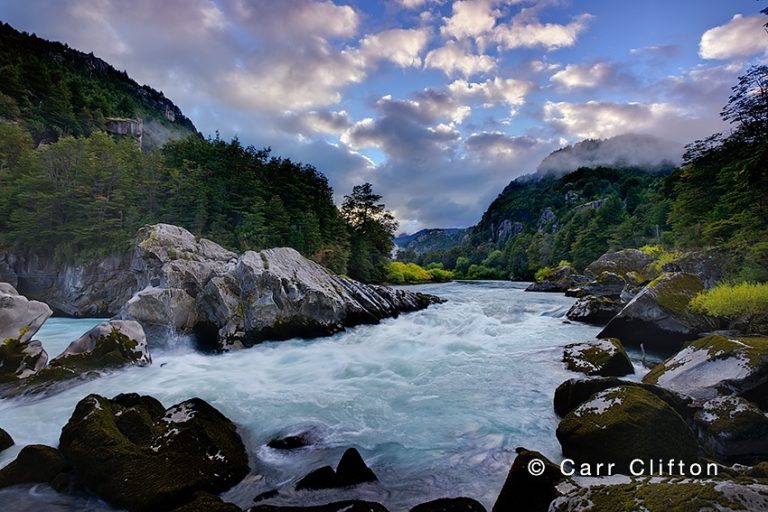9 Projects Preserving and Protecting your Waters
By: ajcarapella

By Georgia Lambrakis, Waterkeeper Alliance intern
Whether it’s crafting policies to protect a waterway or advocating against a destructive development, Waterkeepers around the world are defending and preserving rivers, lakes, and streams.
Each effort has an impact on the environment and engages communities in protecting their waterways. For instance, Placencia Lagoon Waterkeeper used investigation patrols and community volunteers to force government agencies to issue a stop-work order for an unmonitored and unsustainable dredging project until the developer introduced a solid mitigation plan.
Here are eight more water preservation projects from Waterkeepers worldwide that preserved and protected their waterways.
- Futaleufú Riverkeeper worked for nine years to force multinational energy consortium Enel to drop plans to develop large hydroelectricity projects in Chilean Patagonia on the Futaleufú and other free-flowing rivers known for their undisturbed fjords, high mountain peaks, and glacier-fed streams.
- Oregon’s Rogue Riverkeeper led a statewide coalition that spent seven years working to reform instream mining practices that harm sensitive salmon habitat. It secured statewide legislation in 2017 to prohibit suction dredge gold mining from all essential salmon and lamprey habitats in rivers in the state’s rivers, winning protection for more than 24,000 miles of rivers and streams.
- Since 2013, Amigos para la Conservacion de Cabo Pulmo has contributed together with the community, research centers, and other organizations in the care and protection for Cabo Pulmo National Park, by generating data and information in seawater quality monitoring, and since April 2017 as Cabo Pulmo Coast Waterkeeper.
- Río Mapacho Waterkeeper in Peru successfully created a 1,737-hectare private conservation area in the indigenous community of Matoriato, part of the Machiguenga ethnic group in the lower part of the Río Mapacho basin. The conservation area was recognized by a ministerial resolution from the country’s Ministry of the Environment.
- Werribee Riverkeeper in Australia successfully advocated for Melbourne Water to be appointed as Waterway Manager for the Werribee River in the early 2000s. Urban developers must now secure approvals for waterway projects and follow set guidelines and regulations. Today, Werribee Riverkeeper works closely with Melbourne Water on many initiatives to ensure the region’s waterways are healthy for all concerned. “There are many challenges remaining, but we were pleased to be part of that advocacy, and are continuing to speak up for the community and nature so both have access to healthy water,” said John Forrester, Werribee Waterkeeper
- After pressure from the Yarra Riverkeeper, Mobil acknowledged the environmental implications and concerns of its careless wastewater disposal into Australia’s Yarra River. A year later, Mobil diverts its wastewater into the sewage system.
- Clifton Western Bays Waterkeeper and partners successfully stopped a private developer and government officials from further destroying pristine beaches and waters in the Bahamas, abusing human rights, and corrupting the nation’s governance.
- The State of Maryland and EPA entered into a settlement to resolve a civil rights complaint brought by Patuxent Riverkeeper and the BTB Coalition. The Title VI Civil Rights Act complaint argued that residents in Brandywine, Md.—a predominantly African-American neighborhood—were subjected to environmental justice issues caused by five electrical power generating plants, a Superfund cleanup site, and a coal waste dump all located in the community. The agreement requires Maryland state agencies to widen the scope of their environmental fairness analysis when reviewing applications to build new fossil fuels plants and broadens the role overburdened communities will have in the power plant application process
Feature image: Zeta Rapid, Cave Camp, Rio Futaleufú, Patagonia, Chile